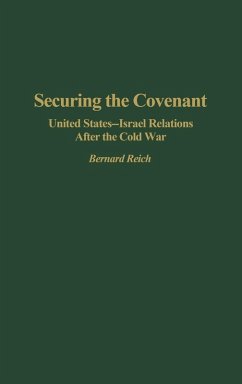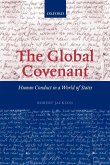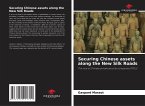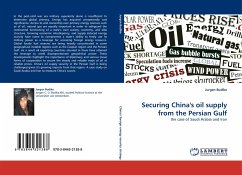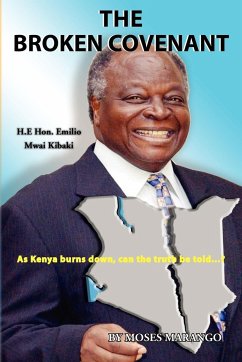Since its independence in 1948, Israel has enjoyed a special relationship with the United States, as successive administrations have reaffirmed America's unshakable commitment to Israel's security. This study reexamines this relationship now that the Cold War and the Persian Gulf War have ended and the Israeli-PLO Declaration of Principles and the Israel-Jordan-Washington Declaration have dramatically altered the strategic and political balance in the Middle East. This volume, suitable for the general reader and useful as an undergraduate and graduate course text, reassesses the bilateral special relationship between the United States and Israel. The easy-to-read analysis by a noted authority on Israeli and Middle East policy is unique in its detailed examination of the political, strategic, and economic policy parameters of the U.S.-Israeli relationship and of the ideological factors that underpin the connection between the two countries. Since its independence in 1948, Israel has enjoyed a special relationship with the United States, as successive administrations have reaffirmed America's unshakable commitment to Israel's security. This text reexamines this relationship now that the Cold War and the Persian Gulf War have ended and the Israeli-PLO Declaration of Principles and the Israel-Jordan-Washington Declaration have dramatically altered the strategic and political balance in the Middle East. Reich considers the ideological-emotional link between the United States and Israel, the political-strategic alliance, and together with Howard Rosen, describes the economic links between the two partners. They explain the need for the United States to continue to play a central role in the Arab-Israeli peace process. The text includes an evaluation of the role of domestic politics in the formulation of foreign policy and points to future policy options. A chronology and selected bibliography further enrich this teaching tool that is designed for courses in foreign policy, comparative politics, and Israeli and Middle Eastern studies.
Hinweis: Dieser Artikel kann nur an eine deutsche Lieferadresse ausgeliefert werden.
Hinweis: Dieser Artikel kann nur an eine deutsche Lieferadresse ausgeliefert werden.

